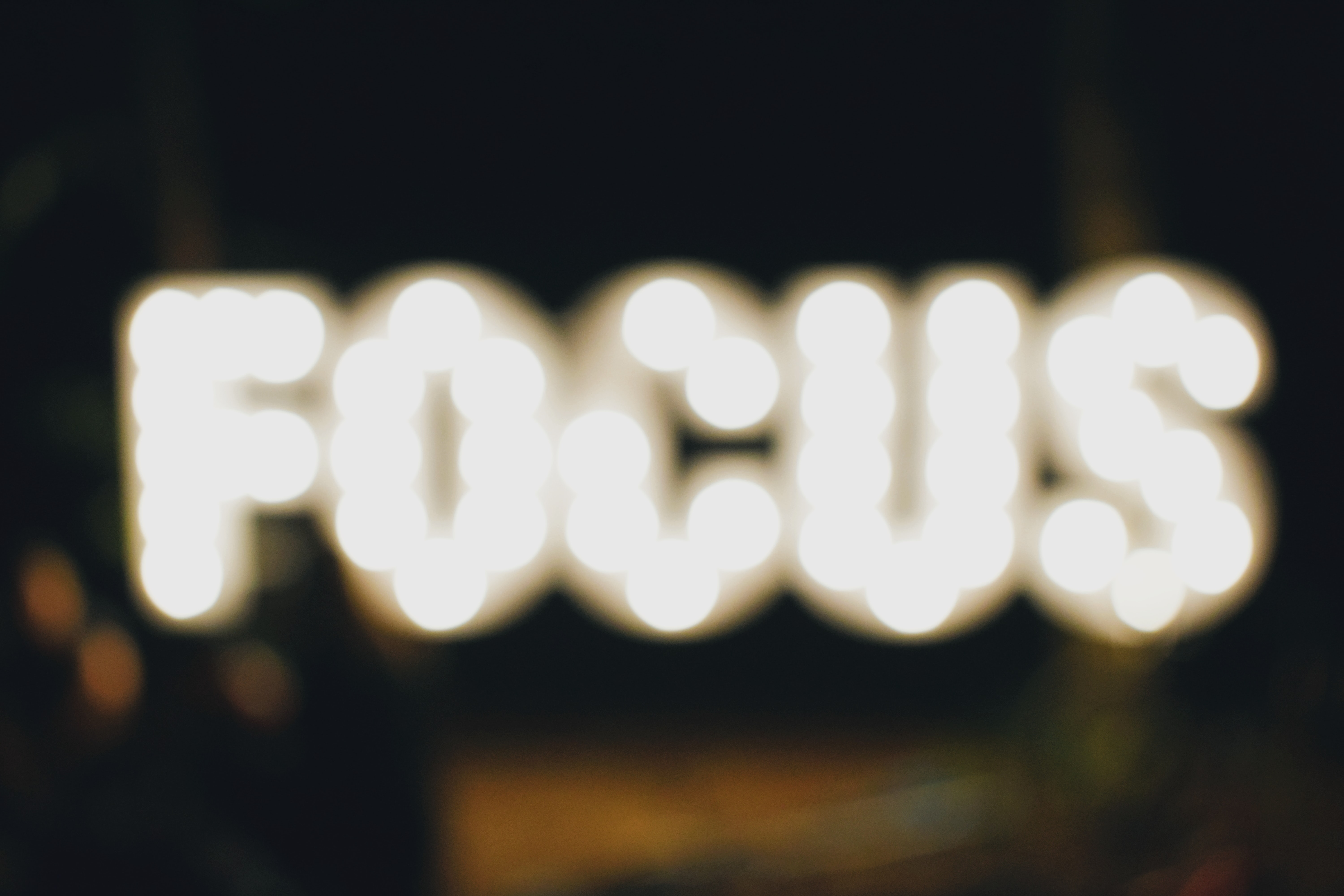
Lawyers, paralegals, and other professionals who are impaired at work are a major risk for firms. But what if the firms themselves are exacerbating this impairment?
For a profession that prides itself on its astute risk-management, it has always astounded me that lawyers sometimes seem much more careful about their clients’ risks than their own. Any good lawyer worth her salt can help her client understand the likely consequences of a proposed action and help that client achieve their (lawful) goals while managing their risk within an acceptable range. By contrast, law firms have been in denial about the full extent of risks from impaired lawyers for a long time. Worse still, many firms are complicit in making their lawyers “work under the influence.”
Impairment is Dangerous and Prevalent
Driving under the influence (DUI) or driving while intoxicated/impaired (DWI) is a criminal offense in all states. As a society, we understand that activities that pose a risk to others must be undertaken without the cognitive deficits caused by the inappropriate use of alcohol, drugs, or other controlled substances. So, no driving while impaired, flying while impaired, doing surgery while impaired, etc.
But what about practicing law while impaired? This is a known problem in the legal profession, particularly in connection with alcohol abuse and addiction. Mark Webster, writing in the ABA’s The Professional Lawyer, begins his article with a sobering acknowledgement:
“Alcohol abuse and addiction are significant and well-documented problems in the legal profession. A recent joint research project by the American Bar Association and the Hazelden Betty Ford Foundation found that 20.6% of lawyers screened positive for problematic drinking, as compared to 11.8% of the rest of the ‘highly educated’ workforce. Beyond the obvious mental and physical health concerns related to alcohol abuse, impaired lawyers may miss important deadlines, make other critical mistakes, and act inappropriately around clients and colleagues.”
Understanding Discipline and Reporting Requirements for Lawyer DUIs
Impairment Caused by Distraction
The bigger problem, however, is that we can be working impaired for reasons other than alcohol abuse or substance addiction. In his book, Stolen Focus, Johann Hari reports on research that has found that working in a state of distraction or a state of fatigue is the equivalent of working drunk or stoned.
Nearly everyone I know in the client-service industry works distracted. They are distracted primarily by email and text interruptions. They are the ones who respond to messages like Pavlov’s dogs respond to the sound of a bell. In fairness, they have been taught that responsiveness is the hallmark of good client service.
But there is a price to pay for such zealous responsiveness. Hari reports a small study commissioned by Hewlett-Packard in which they tested the IQ of some of their employees when working first without (and then with) distractions and interruptions. “The study found that ‘technological distraction’ — just getting emails and calls — caused a drop in the workers’ IQ by an average of ten points.” To provide context, Hari notes that the short-term effect of distraction and interruption is TWICE the negative impact on IQ of smoking cannabis. (p.39)
The negative consequences are not limited to the professionals involved. Not only are they cheating themselves, but they may be cheating their clients. How do they honestly account for the full cost of distraction in their time and billing systems? To be clear, the costs of switching from one task to another, even if the interruption is momentary, are expensive:
- The act of switching triggers the brain to physically reconfigure — this results in slower performance overall. (p.38) In fact, studies at Carnegie Mellon University and elsewhere found that interruptions degraded performance by 20%-30% as compared to study subjects who were not interrupted. (p.41)
- The time required to compensate for a momentary interruption is roughly 23 minutes. That’s how long it takes to return to focus on the interrupted task. (p.13)
- Task-switching introduces error in your performance as your brain struggles to return to the point before the interruption. This is when things can fall through the cracks. (p.38)
- The more time and energy you spend task-switching and error-correcting, the less bandwidth your brain has for finding creative solutions to your clients’ challenging problems. (p.40)
Impairment Caused by Fatigue
Too many people I know in the client-service industry operate with far too little sleep because their work hours are longer than that of the general population. As far as the general population goes, Hari reports that 40% of Americans “are chronically sleep-deprived,” which means getting less that 7 hours of sleep each night. Meanwhile, 23% of people in Britain “are getting less than 5 hours a night.” (p. 66)
Unfortunately, even a little bit of sleep-deprivation can have negative effects:
- If you stay awake for 18 hours (e.g., from 6am to midnight), your reactions at the end of the day are “equivalent to if you had 0.05 percent blood alcohol.”
- Professor Roxanne Pritchard has found that staying awake an additional three hours results in “[the equivalent of being] legally drunk.” (p.69)
Ultimately, even if a firm is not overly concerned about the welfare of its professionals, it should be concerned about the welfare of its clients and the integrity of the service (and invoices) it provides. If lawyers, paralegals, and other professionals are regularly working distracted and fatigued, it becomes much more difficult for them to deliver reliably high-quality client service efficiently.
Working under the influence is not good for anyone. And it may be dangerous for a firm’s risk management.
[Page references are to Johann Hari. Stolen Focus. First edition, Crown, 2021.]
[Photo Credit: Stefan Cosma]